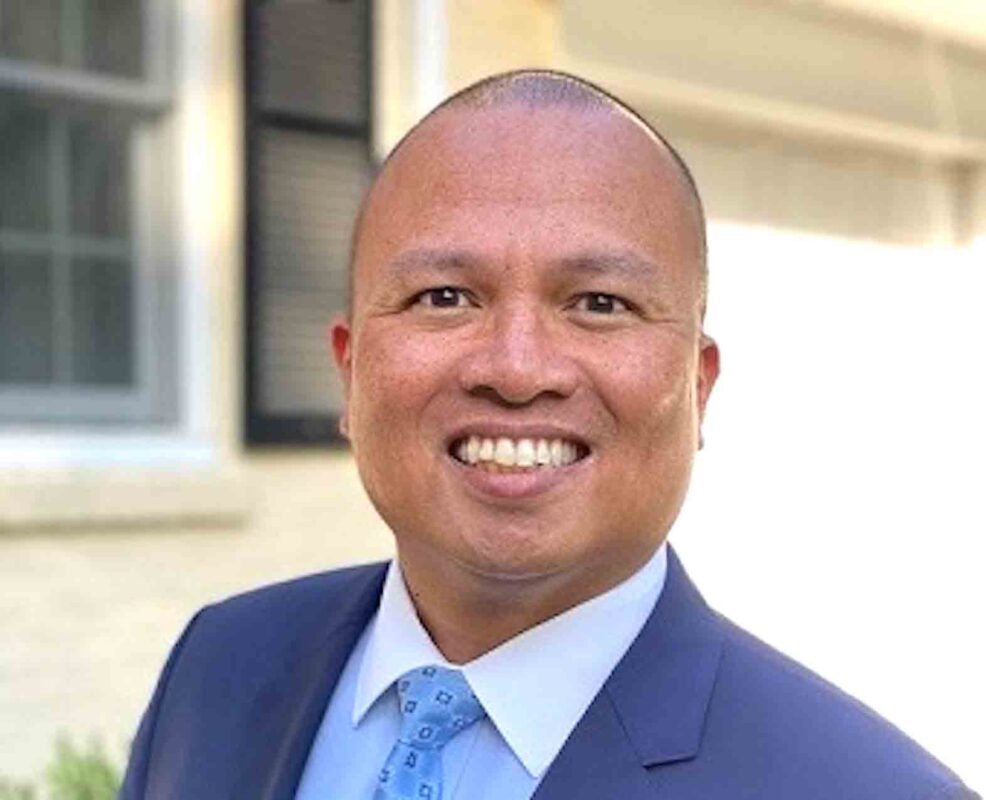Will proposed ‘speaking section’ of US citizenship test hurt immigrants?

The U.S. is making some changes to the citizenship test possibly by next year, including a “speaking section” to determine an immigrant applicant’s English language skills. YOUTUBE
Aida Demetrio clutches the small card while waiting to clear immigration at Newark airport. She waives at her husband standing outside. She has been a permanent resident for a decade and a half. She flies back and forth regularly between Manila and New Jersey and is perfectly content just having a green card.
“I don’t have to be a citizen. I already have the best of both worlds,” she would tell friends.
There are tens and thousands of immigrants just like Aida, 72, who is a little petrified at taking the U.S. citizenship exam. For her, the green card is enough. It allows her to visit her grandchildren in the Philippines and go home to her daughter in New Jersey.
The U.S. is making some changes to the citizenship test possibly by next year. It will include a “speaking section” where an immigrant will not just pass six of 10 Civics questions, but also verbally explain images that will be shown by an immigration officer, the better to determine English language skills.
Immigration lawyers interviewed by The FilAm see the proposed changes as tightening the standards of the test, and this may further discourage people like Aida from ever taking the exam.
Lawyer Rio Guerrero said the “speaking section” is the U.S. government making it known it “prefers a nation of citizens as opposed to simply a nation of permanent residents.”
Let’s hear from the lawyers.

Rio Guerrero — Guerrero Law Firm
USCIS will begin the new speaking test as part of the N400 naturalization interview next year.
Since last year when this new test section was proposed, USCIS began seeking comments and feedback. Those already eligible to apply for citizenship and concerned about the new speaking section to be implemented next year should apply now in order to interview before the new speaking section test begins.
The new speaking section will make it more difficult to become a U.S. citizen. But with proper preparation eligible applicants will pass. The U.S. government prefers a nation of citizens as opposed to simply a nation of permanent residents. I am confident that deserving residents will become U.S. citizens even with the added speaking section in the naturalization interview process.
****

Lara Gregory — Lara Gregory and Associates
Rules are tested on the standard of reasonableness. This means that the question that needs to be asked is whether or not the proposed English speaking part of the naturalization test is reasonable. If we look at the practice of other countries, like Canada and France, their respective naturalization or citizenship tests do have an English or French speaking and listening components. Also, the exceptions for physical, developmental or mental impairment remain as well for those living in the United States for 15 years or more and are 55 years of age. Based on this perspective, the rule passes the reasonableness.
You may like: US citizenship test changes are coming, raising concerns for those with low English skills
(Will the speaking part make the test difficult for immigrants?) Now that requires data analysis, meaning number of immigrants and some profile like age and education. If you mean will the fact that the questions they will respond to are no longer limited to the contents of their own N400 or naturalization form, make it somehow “harder,” then there will certainly be advocates who will be of that opinion not because it is “harder” per se but because it’s different. Then again, the proposal is based on a standardized method which is why they are also conducting a test of the redesigned naturalization test.
***

Victor Sison — Sison Law Offices, P.C.
Except for those born in the U.S. (Jus soli), naturalization has always been a privilege conferred and earned, and never an individual’s right. It stands to reason that conditions are imposed to ensure that this privilege is not frivolously frittered out to those who do not appreciate the honor of becoming a citizen. The “speaking section” is one of them. The “speaking section” does not get rid of the built-in exemptions in the naturalization process regarding the Civics exams.
Lawyers like me working “in the trenches” may holler and protest against such ruling. But in the final analysis, we are always on the receiving end of such rulings.
***

Johnson Lazaro — Lazaro Law Group
This idea is pretty new. But based on our experience, I know for sure that it’s already tough for older folks to pass the test. And if they add a speaking section, it could make things even scarier for those who are already nervous about the citizenship exam.
I’ve got lots of old clients who had to take the test three times because they can’t remember all that Civics stuff anymore. They struggled with the writing part and ended up failing. Now, with this new section added, I’m afraid we’ll see even more failures and fewer people taking the citizenship exam.

